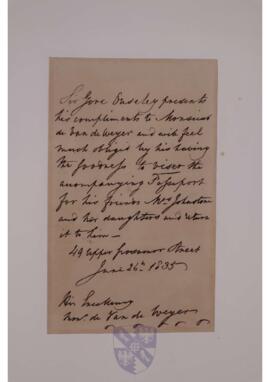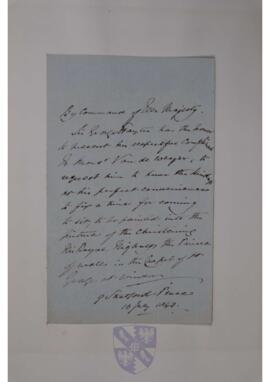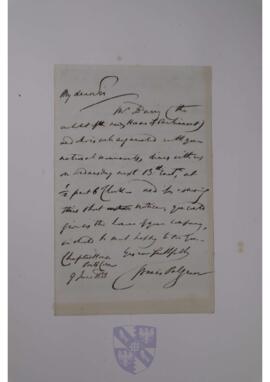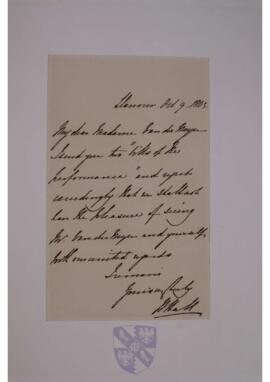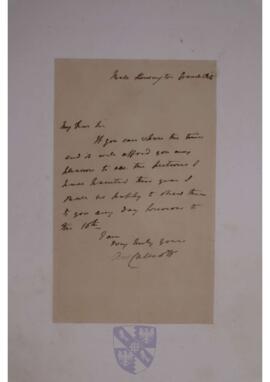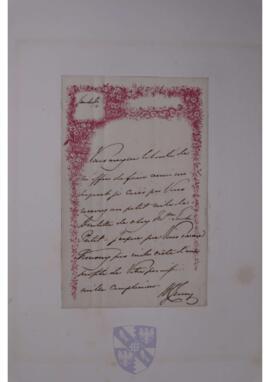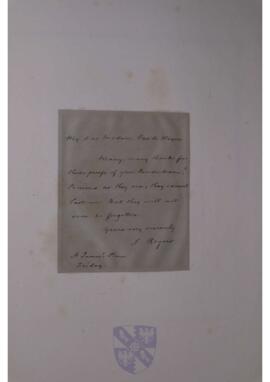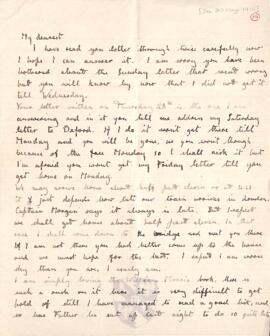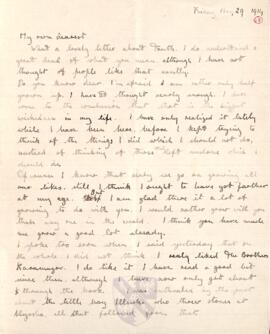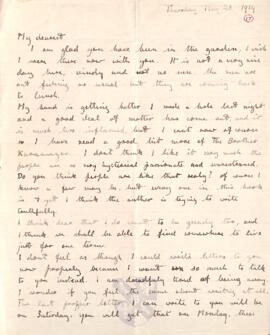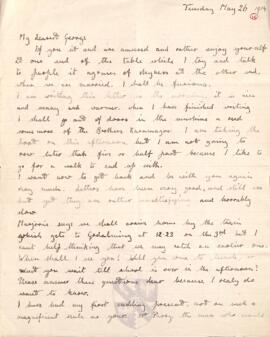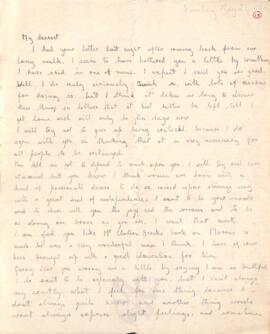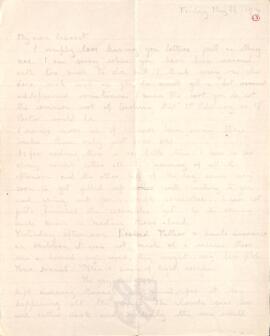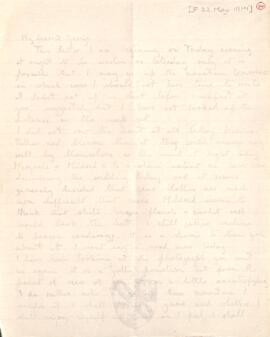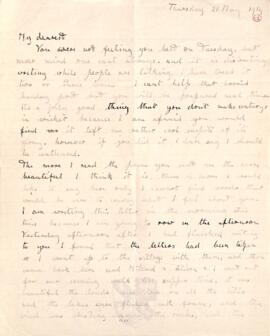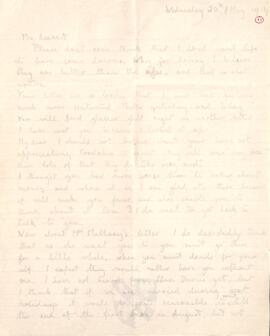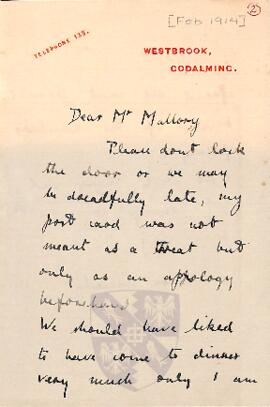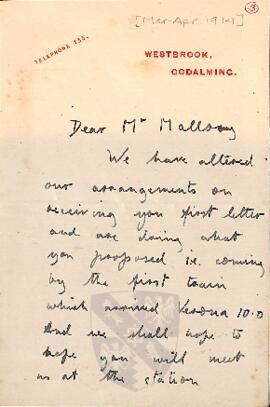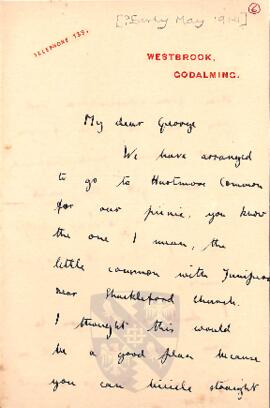Photocopy of a draft typed letter from Sir Henry Willink to C.S. Lewis.
Informs Lewis that a second Professorship of English at Cambridge was to be established under the title 'Professorship of Medieval and Renaissance English'. As Vice-Chancellor he had presided over the Electors [Prof. J.R.R. Tolkien, Prof. F.P. Wilson, Prof. P. Alexander, the Masters of Jesus College and Pembroke College, Prof. Willey, Prof. M.C. Knowles, and Mr H.S. Bennett] and they were unanimous in the decision to offer Lewis the first tenure.
Hoped the moved to Cambridge would not be a deterrent and offered to meet with him if he would like to discuss the offer.
